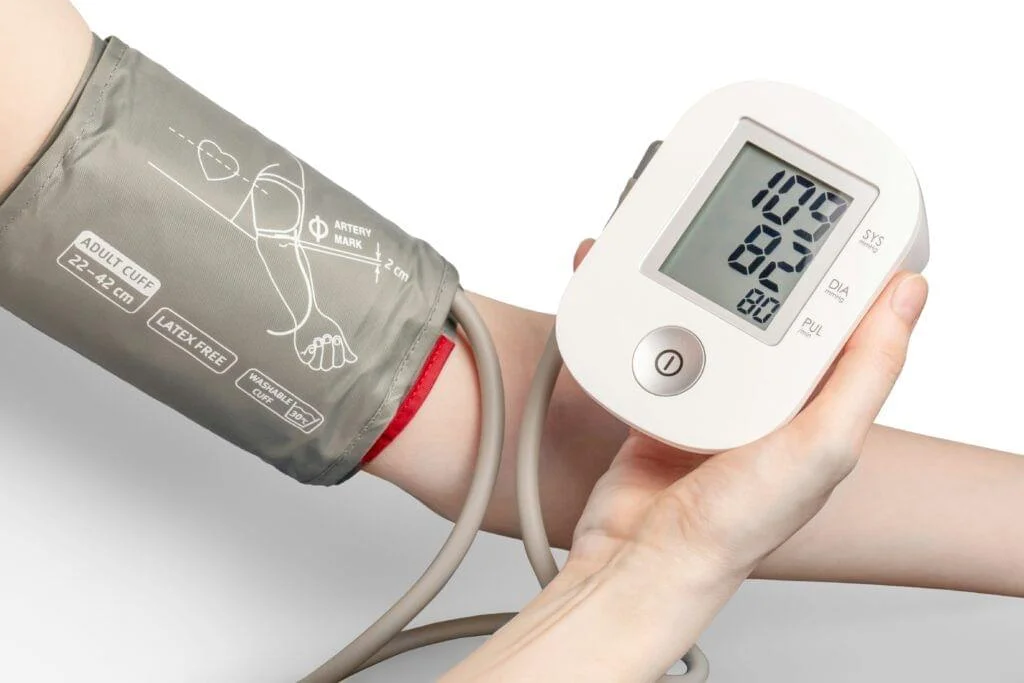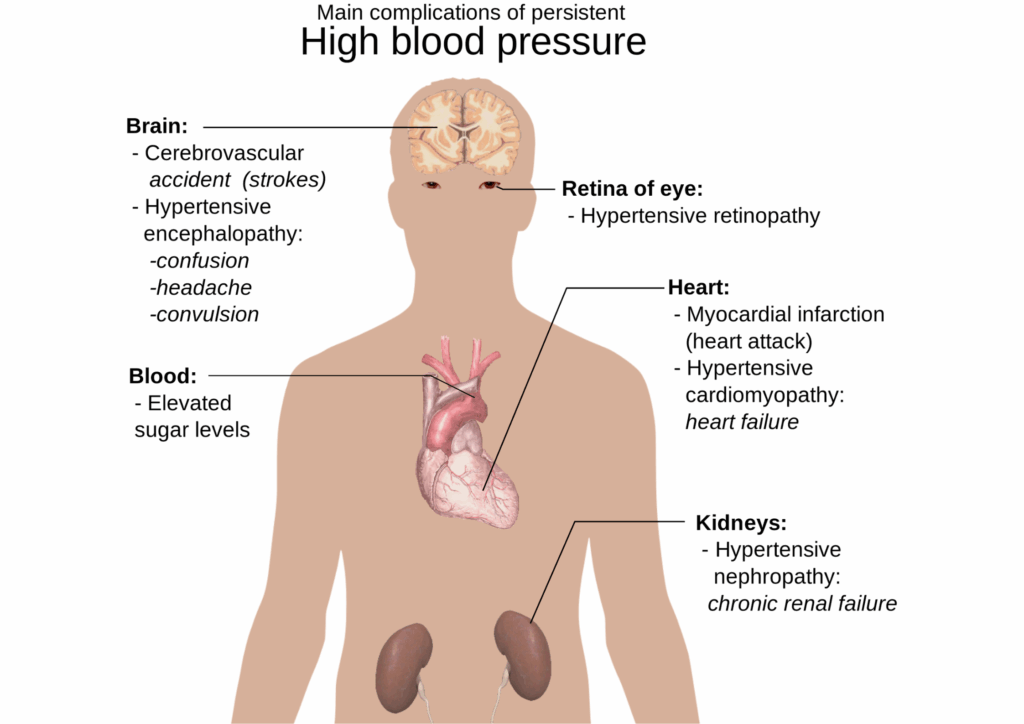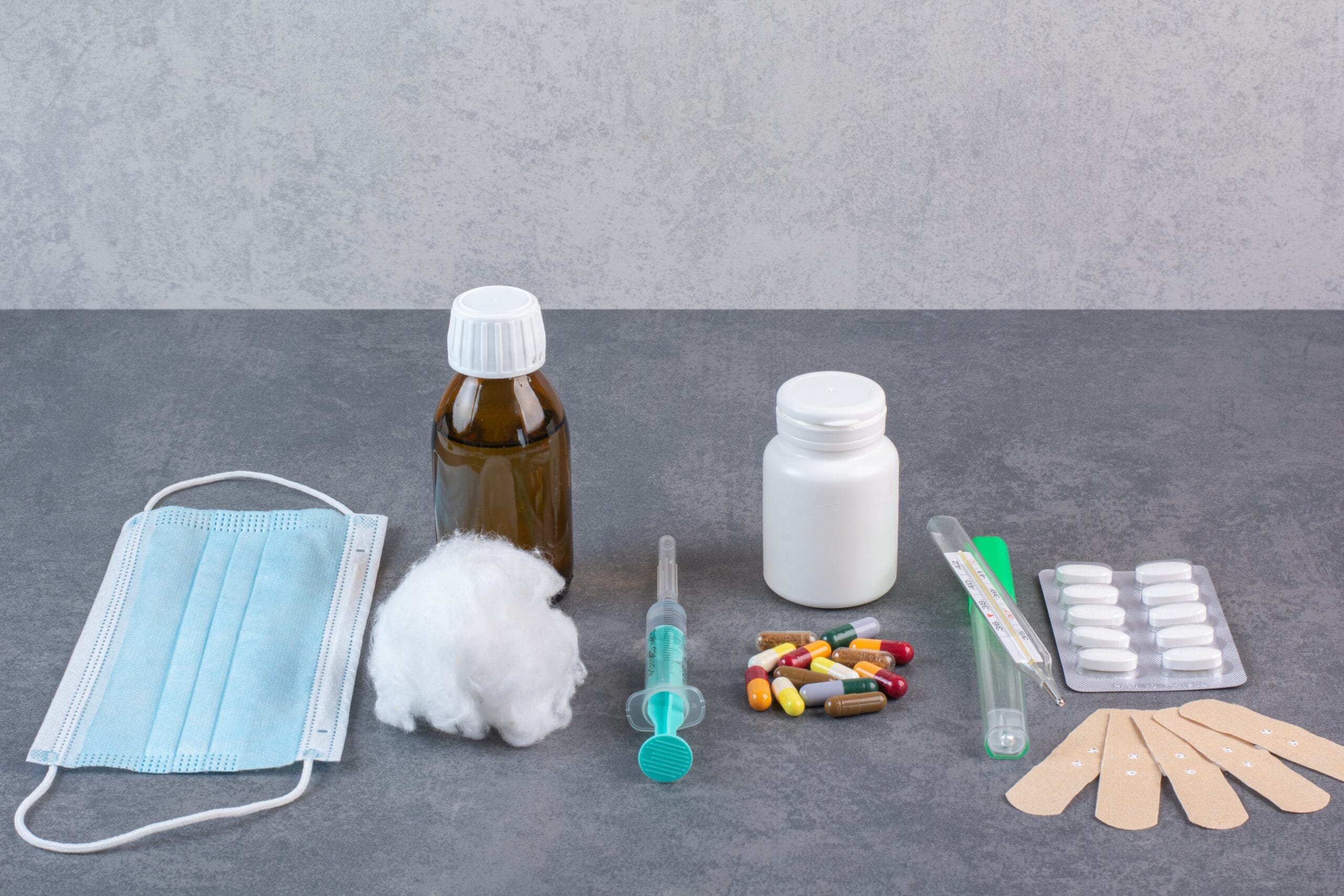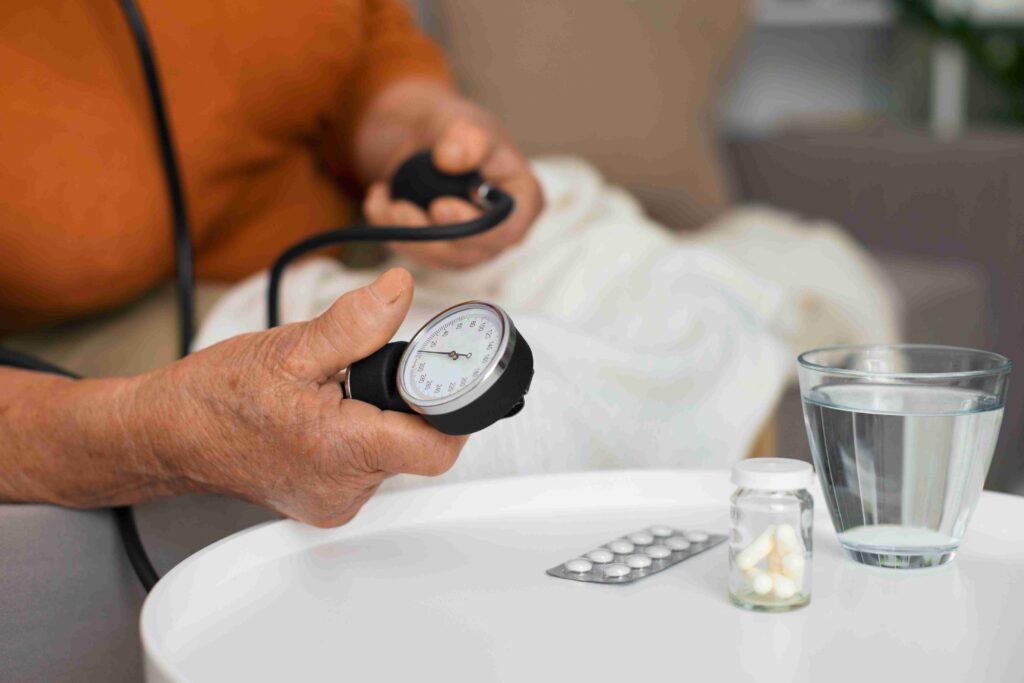
Overview and Facts About Hypertension
Hypertension, commonly known as high blood pressure, is a medical condition where the force of blood against the walls of your arteries is consistently too high. Blood pressure is measured using two numbers: systolic pressure (the pressure when your heart pumps blood) and diastolic pressure (the pressure when your heart rests between beats). A normal blood pressure reading is typically between 90/60 mmHg and 120/80 mmHg. Hypertension is diagnosed when readings are consistently at or above 140/90 mmHg in a clinical setting or 135/85 mmHg at home.
Hypertension is often called the “silent killer” because it may not cause noticeable symptoms but can lead to serious health complications if left untreated. According to the World Health Organization , hypertension affects over 1.2 billion adults worldwide and is a leading cause of heart disease, stroke, kidney failure, and premature death. Early detection and management are crucial to reducing its risks.
What Causes Hypertension?
In most cases, the exact cause of hypertension is unknown, a condition referred to as primary (essential) hypertension. This type develops gradually over time and is influenced by a combination of genetic, environmental, and lifestyle factors. However, in about 5-10% of cases, hypertension is caused by an underlying medical condition, known as secondary hypertension.
Below are the primary causes of secondary hypertension:
- Kidney Disease: Impaired kidney function can disrupt the body’s ability to regulate fluid and salt levels, leading to increased blood pressure.
- Diabetes: High blood sugar can damage blood vessels and kidneys, contributing to hypertension.
- Obstructive Sleep Apnoea: This condition causes interrupted breathing during sleep, which can elevate blood pressure due to reduced oxygen levels and stress on the cardiovascular system.
- Hormonal Disorders: Conditions like hyperthyroidism, Cushing’s syndrome, or pheochromocytoma can increase blood pressure by affecting hormone levels.
- Medications and Supplements: Certain drugs, such as oral contraceptives, nonsteroidal anti-inflammatory drugs (NSAIDs), and some herbal supplements, can raise blood pressure as a side effect.
- Pregnancy: Around 1 in 10 pregnant women develop gestational hypertension or preeclampsia, which can lead to elevated blood pressure during pregnancy and increase the risk of long-term hypertension.

If you suspect a medication or underlying condition is affecting your blood pressure, consult your doctor or pharmacist for guidance.
What Are The Risk Factors Of Hypertension
Hypertension risk factors are divided into modifiable Risk factors (those you can change) and Non-modifiable Risk Factors (those you cannot change). Understanding these can help you take steps to prevent or manage high blood pressure effectively.
Modifiable Risk Factors of Hypertention
1. Unhealthy Diet
- High Salt Intake: Excessive salt (sodium) causes the body to retain water, increasing blood volume and pressure. Processed foods, canned soups, and fast food are common sources.
- Low Fruit and Vegetable Intake: These foods are rich in potassium, which helps balance sodium levels and ease blood vessel tension. A diet low in these nutrients can elevate blood pressure.
- Action: Aim for less than 6g of salt daily (about one teaspoon) and include at least five portions of fruits and vegetables in your diet.
2. Physical Inactivity
- A sedentary lifestyle weakens the heart and blood vessels, increasing blood pressure over time. Regular exercise strengthens the heart, allowing it to pump blood more efficiently.
- Action: Engage in at least 150 minutes of moderate aerobic activity (like brisk walking or cycling) per week, as recommended by health guidelines.
3. Excessive Alcohol Consumption
- Drinking too much alcohol can raise blood pressure by affecting the nervous system and blood vessel function.
- Action: Limit alcohol to no more than 14 units per week (e.g., about 6 pints of beer or 1.5 bottles of wine), spread over several days.
4. Smoking
- Nicotine in tobacco narrows blood vessels and increases heart rate, raising blood pressure. Long-term smoking also damages artery walls, making them less elastic.
- Action: Seek support from your doctor or local pharmacy to quit smoking, using resources like nicotine replacement therapy or counseling.
5. Being Overweight
- Overweight Individuals Are at Higher Risk of Hypertension. Excess weight, particularly around the midsection, increases the workload on the heart and promotes inflammation, both of which raise blood pressure.
- Action: Maintain a healthy weight through a balanced diet and regular exercise. Even losing 5-10% of body weight can significantly lower blood pressure.
6. Stress
- Chronic stress can lead to temporary spikes in blood pressure and encourage unhealthy habits like overeating or smoking.
- Action: Practice stress-reducing techniques like mindfulness, meditation, or yoga, and seek professional support if needed.
7. Medication

- Certain drugs can increase blood pressure by causing fluid retention, narrowing blood vessels, or stimulating the nervous system. Common culprits include NSAIDs, decongestants, some oral contraceptives, steroids, and certain antidepressants.
Action: If you take any of these medications, do not stop them on your own. Instead, consult your doctor or pharmacist to review alternatives or adjustments that can help manage your blood pressure safely.
Non-Modifiable Risk Factors
Age
- As you age, arteries naturally become stiffer and less elastic, increasing blood pressure. This is why hypertension is more common in people over 60. For those over 80, a slightly higher target blood pressure (under 150/90 mmHg) is considered normal.
- Note: Regular monitoring is key as you age to catch and manage hypertension early.
2. Family History
- If a close family member (parent or sibling) has hypertension, you’re more likely to develop it due to genetic predisposition.
- Action: While you can’t change your genes, you can reduce risk through lifestyle changes.
3. Ethnicity
- People of Black African or Black Caribbean descent are at higher risk of developing hypertension due to genetic factors affecting salt sensitivity and blood vessel function.
- Action: Regular blood pressure checks and a heart-healthy lifestyle are especially important for high-risk groups.
4. Socioeconomic Status
- Individuals living in deprived areas often face higher risks due to limited access to healthy food, healthcare, or safe spaces for exercise.
Note: Community programs and free health checks (like the NHS Health Check in England and Wales) can help bridge this gap.
Symptoms of Hypertension
Hypertension is often asymptomatic, meaning most people don’t experience noticeable signs. This is why regular blood pressure checks are critical. In rare cases, severe hypertension (readings above 180/120 mmHg) may cause symptoms such as:
- Blurred vision or double vision
- Persistent headaches, especially in the morning
- Nosebleeds that occur frequently
- Shortness of breath or chest pain
If you experience these symptoms, seek medical attention immediately, as they may indicate a hypertensive crisis requiring urgent care.
Summery
Hypertension is a common but serious condition that can lead to life-threatening complications like heart attack, stroke, or kidney failure if left unmanaged. While some risk factors, such as age, family history, or ethnicity, are beyond your control, many others—like diet, exercise, and smoking are within your power to change. By understanding the causes and risk factors of hypertension, you can take proactive steps to prevent or manage it. Regular blood pressure monitoring, a heart-healthy lifestyle, and consultation with healthcare professionals are key to keeping your blood pressure in check.
Start today by checking your blood pressure at a GP surgery, pharmacy, or with a home monitor. Small changes, like cutting down on salt or taking a daily walk, can make a big difference. For more information and support, visit trusted resources like the NHS website or connect with communities like HealthUnlocked to share experiences and tips for managing hypertension
Word From Dr. Zara
If you feel you may be at risk of developing hypertension, please reach out to me at DRzaramulla@gmail.com. I will be glad to provide guidance and support. Remember, this information is meant to raise awareness and help you take preventive steps. It is not a substitute for visiting your physician for a full evaluation and care.


